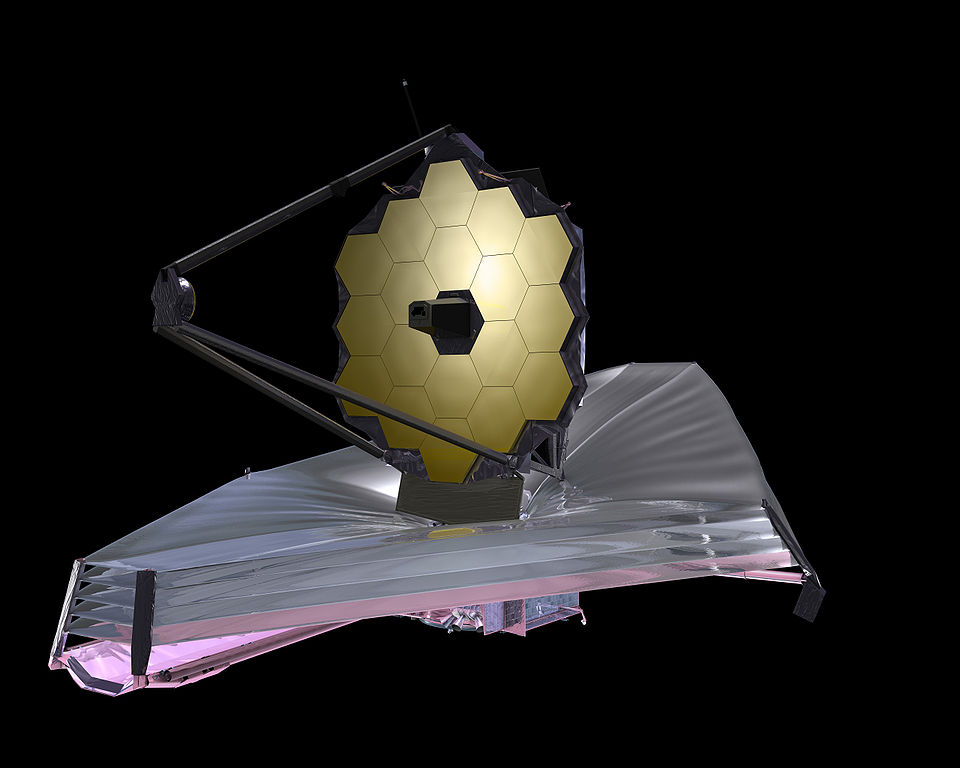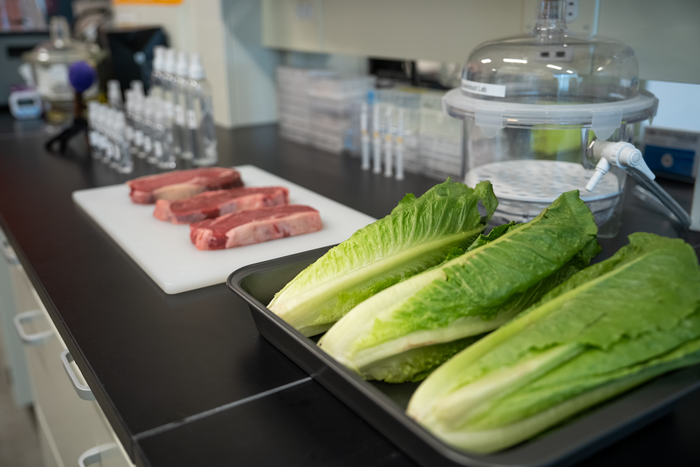Major Breakthrough in Energy Harvesting
A research team from the National University of Singapore (NUS) has made a significant advancement in energy harvesting technology that could potentially eliminate the need for batteries in many electronic devices. They have developed a new type of rectifier that efficiently converts ambient radio frequency (RF) signals—often considered “waste” energy—into usable direct current (DC) voltage.
Transforming RF Signals into Usable Electricity
This groundbreaking technology captures RF signals from sources such as Wi-Fi and cellular networks and transforms them into practical electricity. “RF energy harvesting technologies, like this one, are crucial as they reduce battery dependency, extend device lifetimes, minimize environmental impact, and improve the feasibility of wireless sensor networks and IoT devices in remote areas where frequent battery replacements are impractical,” stated the press release.
Innovative Use of Nanoscale Spin-Rectifiers
The research demonstrated the use of nanoscale spin-rectifiers (SR) to achieve this conversion, even at low RF power levels below -20 dBm, a range where existing technologies often struggle. By harnessing the ubiquitous RF signals around us, this innovation could revolutionize how we power everyday gadgets.
Enhanced Efficiency for Small Electronic Devices
The NUS-developed technology uses nanoscale spin-rectifiers to efficiently convert weak RF signals into DC voltage. These compact and sensitive rectifiers outperform traditional ones, making them suitable for powering small electronic devices like sensors.
This advancement holds great potential for wireless sensor networks, IoT devices, and other low-power electronics. By eliminating the need for batteries, this technology not only reduces environmental impact but also enhances the lifespan and sustainability of electronic devices.






